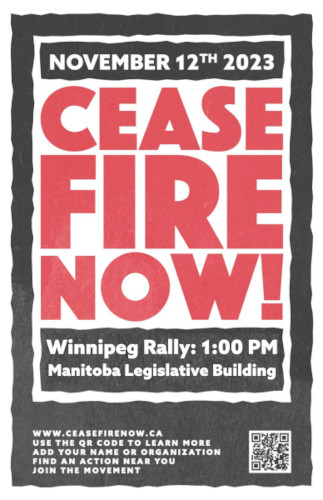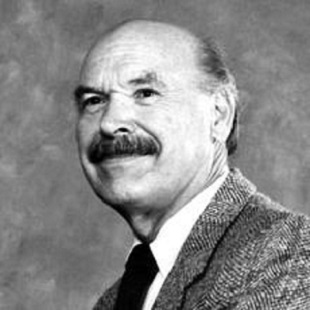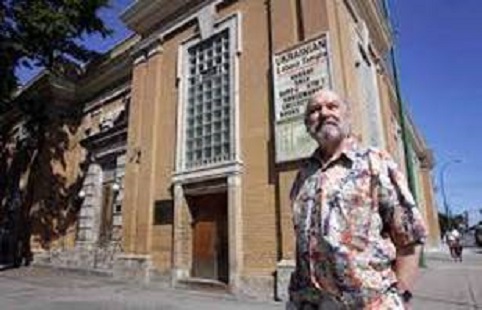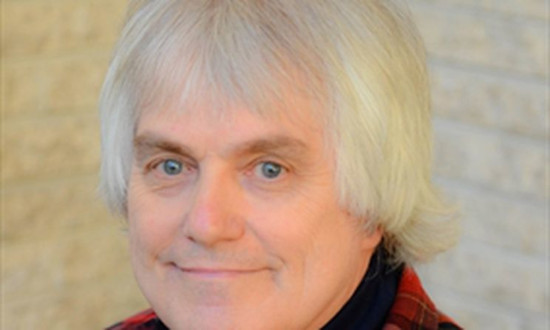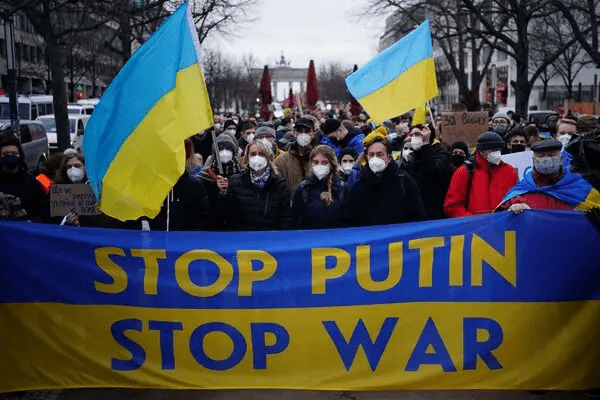Latest News
International Women’s Day:
March 8, 2024

International Women’s Day:
The extent to which women are truly equal is a measure of a society’s real quality
March 8, 2024
Statement of the Association of United Ukrainian Canadian
On this March 8, International Women’s Day, the Association of United Ukrainian Canadians notes both the significant strides
made in achieving equality for women and the work that needs to be done both in Canada and internationally. It is the work that
needs to be done which should be at the forefront as we mark March 8, because the extent to which inequality for women persists means
Canada cannot claim to be a society founded on equality.
In Canada, there remains a significant pay gap between men and women workers. In 2023, women earned 9.2% less than their male counterparts.
Pay inequality is important because it determines economic well-being; in addition, it is discrimination and injustice in real terms. In 2015,
the UN’s Human Rights Committee raised concerns about “persisting inequalities between women and men” in Canada and its disproportionate effect on
low-income women, racialized women and indigenous women. Pay inequality goes hand-in-hand with discriminatory practices in hiring and advancement for women.
While there are many factors affecting pay inequality, certainly a significant is a fact that women in the workforce are often to be found in low-paying, part-time jobs.
Gender based violence is another impact on women. Events such as the killing of 14 women in 1989 at the École Polytechnique in Montreal are ingrained on the
collective Canadian consciousness. Then there is crisis of violence against Indigenous women In Canada (MMIW) which has been described as a “national crisis” –
and it truly is because it is an extension and consequence of the Canadian state’s colonial history of subjugation of First Nations.
We cannot talk about International Women’s Day without talking about the impact of war on women. According to a UN document “women and girls constitute close
to 80 per cent of internally displaced people and refugees worldwide”. It is estimated that women account for 90% of the more than 6 million Ukrainian refugees
who fled the war in Ukraine.
For the AUUC, founded more than 100 years, the equality of women has been fundamental to its work and organization. On this March 8 we recognized the need to
remove all barriers, end all discrimination and injustices against women.
Read or download as a pdf

International Women’s Day:
The extent to which women are truly equal is a measure of a society’s real quality
March 8, 2024
Statement of the Association of United Ukrainian Canadian
On this March 8, International Women’s Day, the Association of United Ukrainian Canadians notes both the significant strides made in achieving equality for women and the work that needs to be done both in Canada and internationally. It is the work that needs to be done which should be at the forefront as we mark March 8, because the extent to which inequality for women persists means Canada cannot claim to be a society founded on equality.
In Canada, there remains a significant pay gap between men and women workers. In 2023, women earned 9.2% less than their male counterparts.
Pay inequality is important because it determines economic well-being; in addition, it is discrimination and injustice in real terms. In 2015, the UN’s Human Rights Committee raised concerns about “persisting inequalities between women and men” in Canada and its disproportionate effect on low-income women, racialized women and indigenous women. Pay inequality goes hand-in-hand with discriminatory practices in hiring and advancement for women. While there are many factors affecting pay inequality, certainly a significant is a fact that women in the workforce are often to be found in low-paying, part-time jobs.
Gender based violence is another impact on women. Events such as the killing of 14 women in 1989 at the École Polytechnique in Montreal are ingrained on the collective Canadian consciousness. Then there is crisis of violence against Indigenous women In Canada (MMIW) which has been described as a “national crisis” – and it truly is because it is an extension and consequence of the Canadian state’s colonial history of subjugation of First Nations.
We cannot talk about International Women’s Day without talking about the impact of war on women. According to a UN document “women and girls constitute close to 80 per cent of internally displaced people and refugees worldwide”. It is estimated that women account for 90% of the more than 6 million Ukrainian refugees who fled the war in Ukraine.
For the AUUC, founded more than 100 years, the equality of women has been fundamental to its work and organization. On this March 8 we recognized the need to remove all barriers, end all discrimination and injustices against women.
Read or download as a pdf

